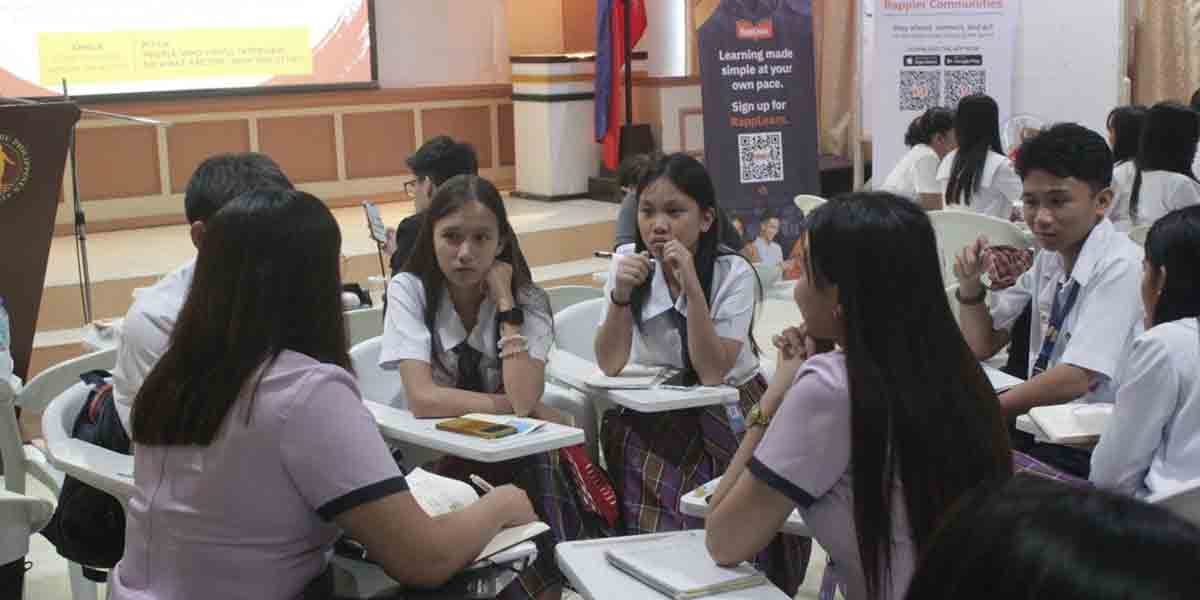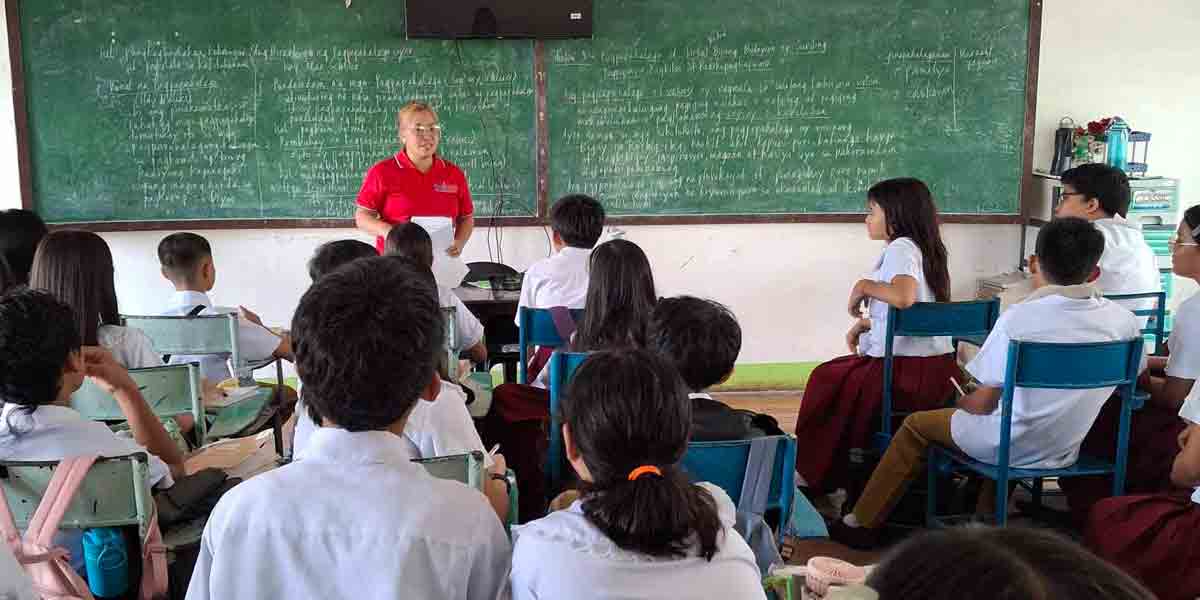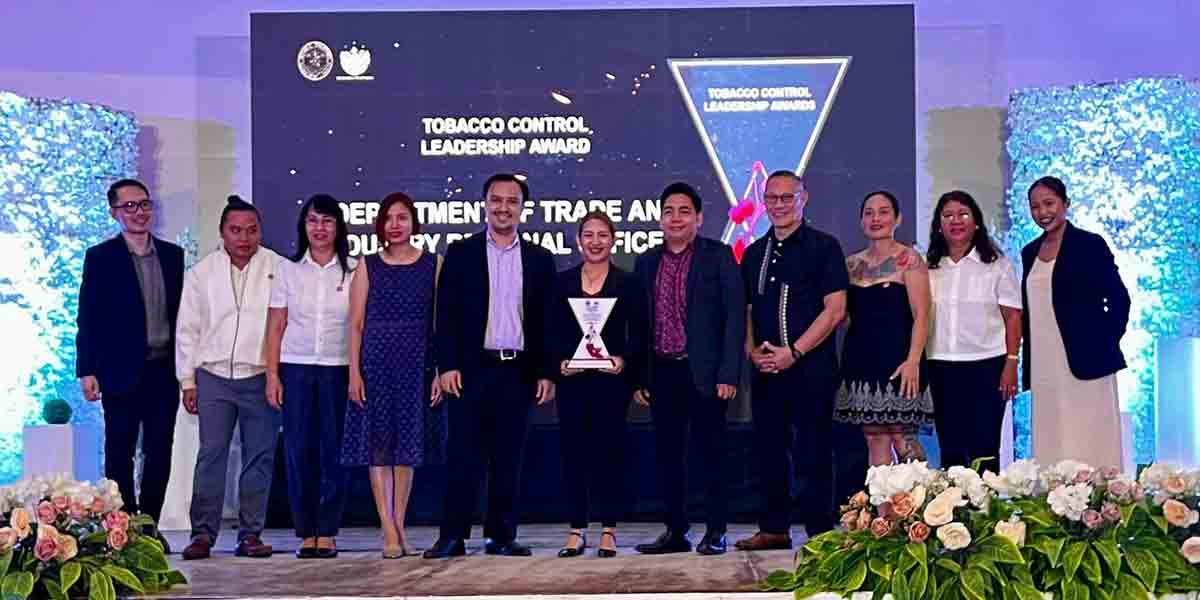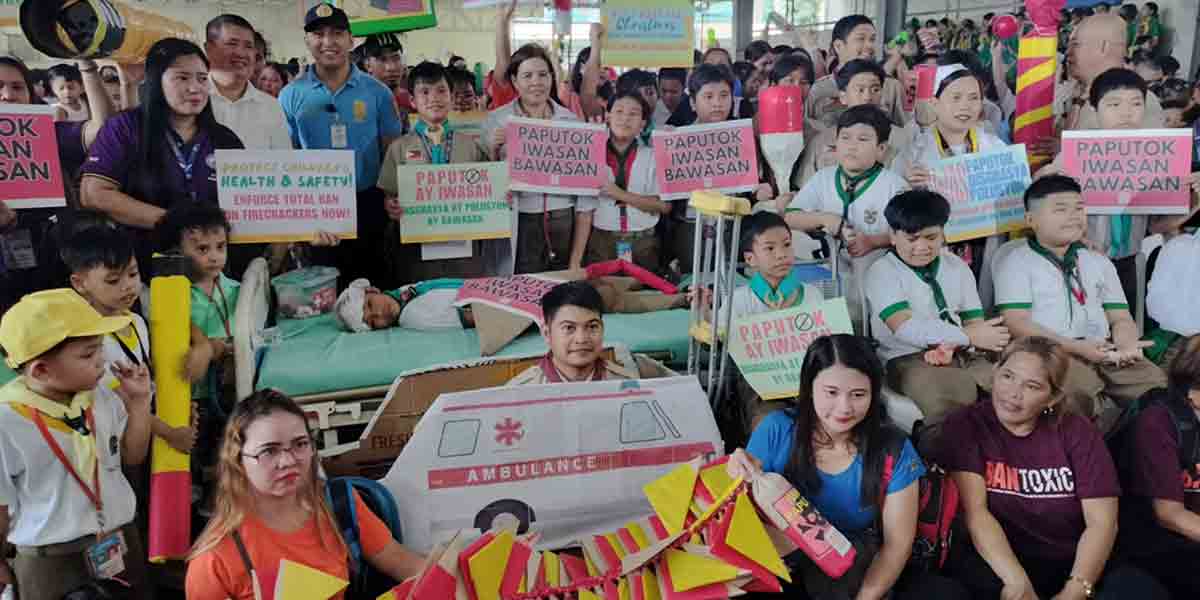
In the World Cancer Day 2024 Equity Report just released by the Union for International Cancer Control (UICC) to mark World Cancer Day on 4 February, Prof. Anil D’Cruz and Dr Saunthari Somasundaram offer their insight and solutions to the widening gaps in preventing and surviving cancer for people living in India, Malaysia and more widely in Southeast Asia.
India has seen significant progress in the accessibility and affordability of health care in the past 30 years, and other countries in Southeast Asia are also seeing improvements as they move towards universal health coverage.
“The National Cancer Grid, an initiative of the Tata Memorial Centre created in 2012 with 14 other cancer centres initially, has grown to 244 centres around India and is now one of the largest cancer networks in the world,” says Prof. Anil D’Cruz, former President of UICC and Director Oncology Services at Apollo Cancer Centres, India.
Considerable challenges remain, as around half of the population of Southeast Asia still lacks full coverage of essential health services.
For Prof. D’Cruz, digitisation is key: “Digital tools and technologies for reporting, analytics, sharing of best practices as well as telemedicine and remote patient monitoring are now making it easier for patients living in rural areas to access care.”
At the government level, Prof. D’Cruz highlights in UICC’s World Cancer Day Equity Report the Ayaushman Bharat, or “Healthy India” initiative launched in 2018. The initiative seeks to provide financial protection through publicly funded health insurance coverage and is focused on improving the primary healthcare system. The National Health Protection Scheme, which is part of the initiative, is now linked to the National Cancer Grid to provide secondary and tertiary care hospitalization.
To close the cancer care gap, Prof. D’Cruz more broadly issues several recommendations:
- Increasing the number of cancer services included in the Ayaushman Bharat benefits package.
- Better educate the general public about cancer and the risk factors
- Strengthen primary care provision and Increase understanding of cancer as a treatable disease among physicians.
- Support the integration of primary care with key health programmes, such as HPV vaccination, women’s and maternal health, and communicable disease screening.
- Ensure fair pricing mechanisms for essential medicines, diagnostics and treatment.
- Measure quality outcome indications in both private and public sector treatment facilities.
- Establish dedicated cancer units in every major medical college in the country.
While Malaysia seems to have weathered the worst of the pandemic’s health, social, economic and political impact, access to cancer care services does not seem to have returned to the level it enjoyed previously, according to Dr Saunthari Somasundaram, President of the National Cancer Society of Malaysia and former UICC Board Member.
Dr Somasundaram says, “A health system still heavily geared up to combat a possible wave of acute infections, directly translates to gaps in the resources made available for non-communicable disease (NCD) care – and this includes cancer.”
In UICC’s World Cancer Day 2024 Equity Report, Dr Somasundaram notes in particular the slow return of HPV vaccination and community-level screening and early detection programmes for breast, cervical and colorectal cancers, which can be treated successfully if diagnosed at an early or even pre-cancerous stage.
Financial hardship for people with cancer is also a threat. Dr Somasundaram explains: “One of the direct economic impacts of COVID-19 has been the loss of jobs for many people, along with its employer-based health insurance coverage. This has forced many to move to the largely subsidised government sector for care, straining the public health system and causing delays in care provision and scarcity of resources, including drugs for cancer treatment.”
Dr Somasundaram highlights that “far-reaching, system-level improvements” are taking place that can help to improve the affordability and availability of services as well as reduce the cancer burden. She cites as examples the Parliament White Paper on Health to drive system-wide health reform and the Tobacco Product and Smoking Control Bill to reduce exposure to one of the major risk factors for cancer.
The following recommendations by Dr Somasundaram to close the cancer gap can broadly apply to challenges faced by other countries in Southeast Asia:
- Engage meaningful reform of health financing to include services for cancer and other NCDs in benefits packages.
- Better utilise all stakeholders working within and outside the medical landscape to be engaged in providing cancer care, including strengthening of the relationships with NGOs, community health volunteers, and industry partners.
- Ensure more comprehensive navigation systems to close the care gaps from primary to secondary and tertiary care services, both across geographies and between public and private sectors.
As modifiable behavioural factors contribute to over 40% of all cancer deaths, UICC’s World Cancer Day Equity Report emphasises overall that implementing cost-efficient and evidence-based prevention measures, such as limiting the marketing, sales and consumption of tobacco, alcohol and unhealthy foods that can lead to overweight and obesity, are crucial to reducing health inequity and the cancer burden.
Dr Cary Adams, CEO of UICC, says, “Where you live, how much money you make, your age, your health, your gender, who you love or the colour of your skin shouldn’t dictate whether you have access to cancer care. But the sad reality is, it does. That’s why the UICC’s Equity Report is so crucial – it shines a light on the obstacles people face in getting the care they need, and suggests strategies to help overcome them.”
Download the Equity Report chapter dedicated to Southeast Asia






















